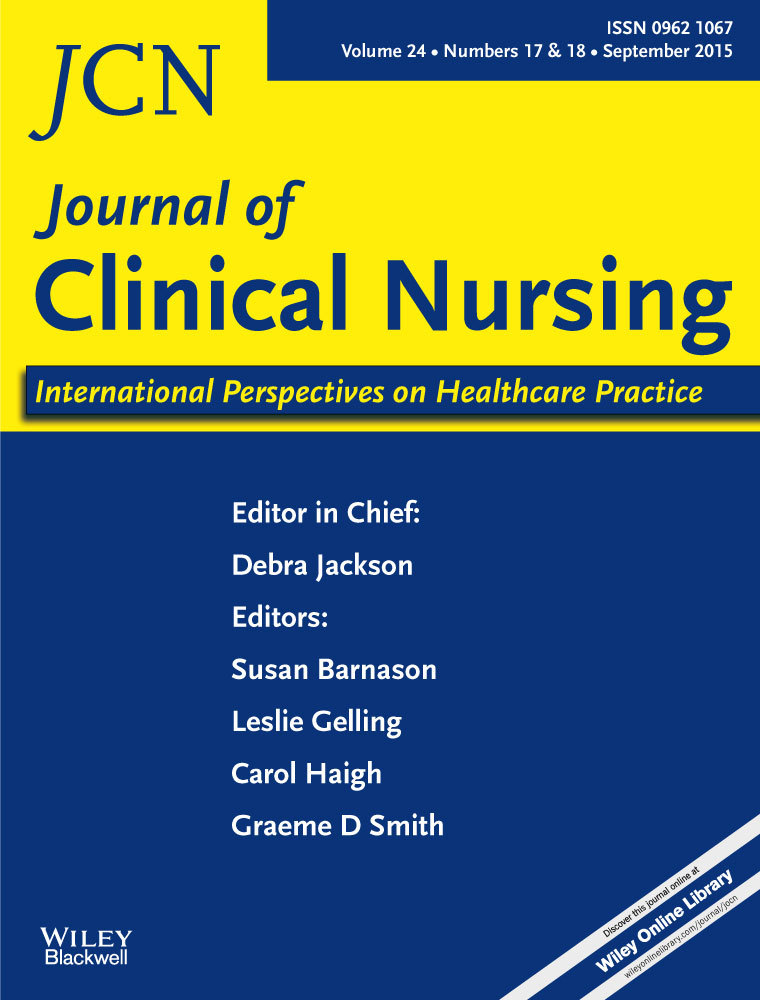British-Pakistani women's perspectives of diabetes self-management: the role of identity
Abstract
Aims and objectives
To explore the effects of type 2 diabetes on British-Pakistani women's identity and its relationship with self-management.
Background
Type 2 diabetes is more prevalent and has worse outcomes among some ethnic minority groups. This may be due to poorer self-management and an inadequate match of health services to patient needs. The influence that type 2 diabetes has on British-Pakistani women's identity and subsequent self-management has received limited attention.
Design
An explorative qualitative study.
Methods
Face-to-face semi-structured English and Urdu language interviews were conducted with a purposively selected heterogeneous sample of 15 British-Pakistani women with type 2 diabetes. Transcripts were analysed thematically.
Results
Four themes emerged: Perceived change in self emphasised how British-Pakistani women underwent a conscious adaptation of identity following diagnosis; Familiarity with ill health reflected women's adjustment to their changed identity over time; Diagnosis improves social support enabled women to accept changes within themselves and Supporting family is a barrier to self-management demonstrated how family roles were an aspect of women's identities that was resilient to change. The over-arching theme Role re-alignment enables successful self-management encapsulated how self-management was a continuous process where achievements needed to be sustained. Inter-generational differences were also noted: first generation women talked about challenges associated with ageing and co-morbidities; second generation women talked about familial and work roles competing with self-management.
Conclusions
The complex nature of British-Pakistani women's self-identification requires consideration when planning and delivering healthcare.
Relevance to clinical practice
Culturally competent practice should recognise how generational status influences self-identity and diabetes self-management in ethnically diverse women. Health professionals should remain mindful of effective self-management occurring alongside, and being influenced by, other aspects of life.




